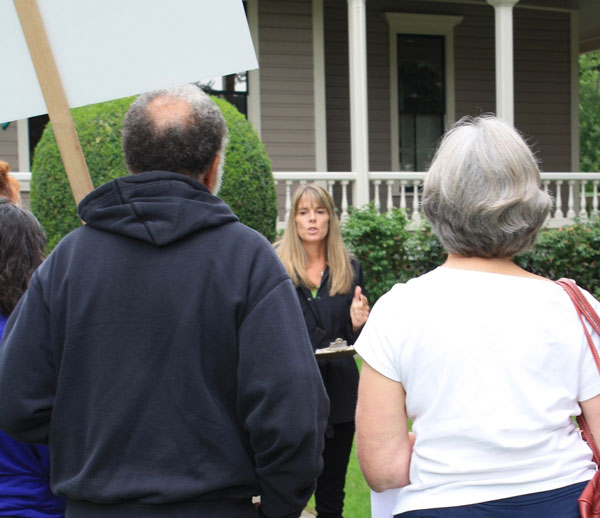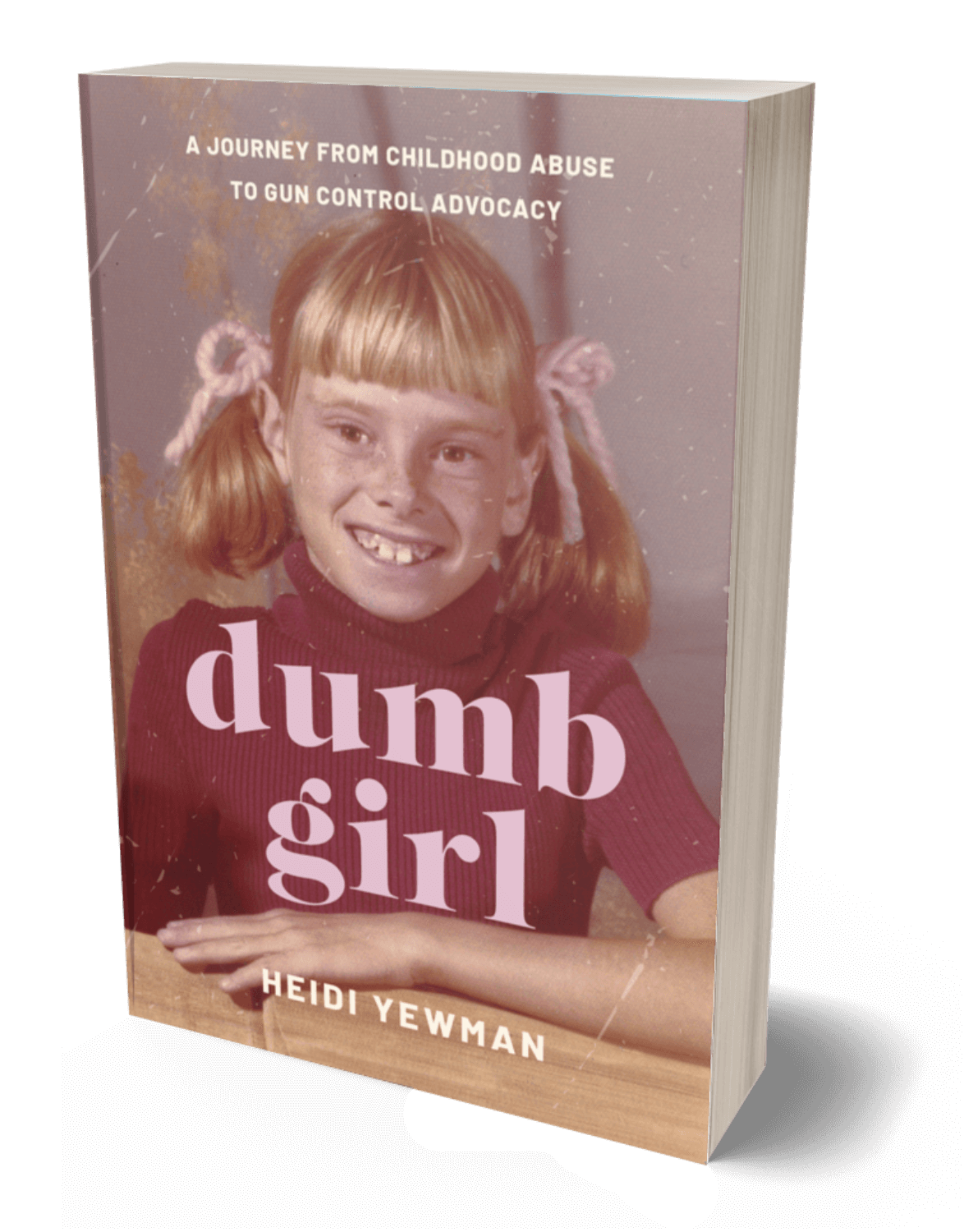What I didn’t ask — and what I’ll never forget.
I knew about the Asking Saves Kids (ASK) campaign when I grabbed my friend Brenda’s house key from under her door mat, unlocked her front door, and let myself and my two kids—ages two and five—in. “I’ll be home about an hour after you, so make yourselves at home,” she’d said that morning, before the kids and I made the two-and-a-half-hour drive north.
I knew about the ASK campaign when I looked under her kitchen sink making sure there were no bottles of bleach or dangerous chemicals my kids could get into.
I knew about the ASK campaign when I moved two vases and a delicate figurine to a shelf my kids couldn’t reach.
And I knew about the ASK campaign when I plopped down on Brenda’s couch while my kids “made themselves at home,” exploring her two-story, three-bedroom house.
I didn’t think the ASK campaign applied to me—to this situation. I was with my kids. And I knew my friend. We’d taught middle school together. She was a good person, and I was a good mom.
But ASK isn’t about good people or good moms. It’s about keeping kids safe. It’s a campaign that encourages parents to ask if there’s a gun in the home where their child plays. And if there is, make sure it’s unloaded and locked up, with the ammunition stored separately.
I love this campaign because it focuses on childhood safety, not judgement. It’s not about politics or fear. It’s about preventing tragedies with a simple, proactive question.
I’d asked about guns a couple of times—when I dropped my daughter off for a playdate and when she went to a birthday party up the street. But this felt different. After all, I wasn’t leaving my kids with a neighbor or someone I barely knew. So I didn’t think I needed to ask.
I was wrong.
That night, after dinner, Brenda suggested we put a TV show on downstairs and have the kids go upstairs to her bedroom to watch cartoons. I didn’t think twice—until her husband leaned over in his La-Z-Boy and half-whispered, “We need to move the guns.”
I turned to him, stunned. “What guns?”
“Oh, we have two-loaded handguns in our nightstands,” Brenda explained, as casually as if she was talking about condoms or sex toys she’d forgotten to put away.
I was dumbfounded. I thought back to my kids “making themselves at home,” which most likely meant going in and out of their bedroom. Did they open the drawers? Did they see the guns? Did they pick one up?
Maybe I wasn’t such a good mom after all.
Brenda’s husband moved the guns into the garage, and the rest of the night went off without a hitch. But the experience changed me. It challenged my assumptions—not just about safe storage, but about who had guns in their home. I’d assumed most people didn’t.
From that night on, I stopped assuming. I became determine to always ASK, no matter whose house my kids were in. And I began sharing the ASK message with my friends, other parents, and with anyone who’d listen.
That moment didn’t just open my eyes. It lit a fire. And it marked the beginning of my advocacy.
It was a simple message. It was about childhood safety. And it was a campaign I could easily spread. I started with my daughter’s school PTA. Soon I was speaking to other PTAs, moms’ groups, parenting circles, and even pediatrician trainings. I liked talking about protecting kids—about safety—rather than debating legislation or citing statistics. It felt like a conversation between parents who all wanted the same thing: to keep their kids safe.
That early work sparked everything that followed. It gave me the confidence to speak in public. It’s where I found my voice. My confidence. My passion.
It led me to write Beyond the Bullet, as I tried to answer: “How do you get out of bed the day after you find out your child has been shot and killed?”
It led me to write My Month With a Gun, to better understand the armed protesters showing up at my events—including ASK Day.
And it led me to direct Behind the Bullet, my documentary exploring what it feels like to be the so-called “good guy with a gun”—to buy one for self-defense, and then use it to take a life.
That night at Brenda’s wasn’t the turning point, but it was part of the buildup—one of the many moments that made me start paying closer attention. I didn’t set out to become an advocate. I just kept asking questions, trying to make sense of the risks so many families face without even realizing it.
My memoir, Dumb Girl is full of moments like this—quiet realizations, small missteps, and the slow, sometimes messy process of finding my voice.
My kids are grown now, living lives of their own. I still worry about their safety—but I no longer control their environment. I just hope that if and when they have children, they’ll remember to ASK about unsecured firearms in the homes where my future grandkids play.






